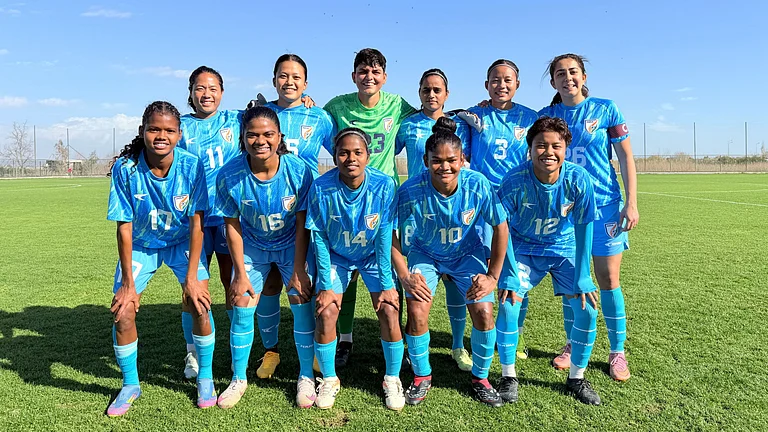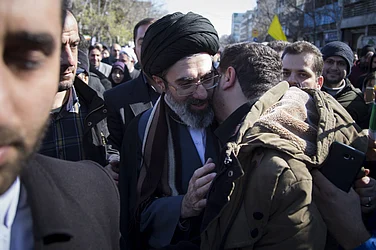
Summary of this article
Tomiichi Murayama, ex-Prime Minister of Japan, dies at 101 in Oita.
He issued the 1995 Murayama Statement apologising for Japan’s wartime actions.
Murayama criticised nationalist attempts to downplay Japan’s responsibility for wartime forced prostitution.
Japan’s former Prime Minister Tomiichi Murayama, who issued a landmark apology for the country’s wartime aggression in 1995, died on Friday at the age of 101, according to AP.
Murayama died at a hospital in his hometown of Oita, in southwestern Japan, a statement from Mizuho Fukushima, head of Japan’s Social Democratic Party, confirmed.
As leader of what was then the Japan Socialist Party, Murayama headed a coalition government from June 1994 to January 1996. During his tenure, he delivered the “Murayama Statement” on 15 August 1995, marking the 50th anniversary of Japan’s unconditional surrender at the end of World War II. The statement expressed “deep remorse” and a “heartfelt apology” to Asian nations that suffered under Japan’s wartime and colonial rule.
According to AP, the 1995 apology became Japan’s main expression of contrition for its actions during the war and was subsequently upheld by successive prime ministers. However, the practice ended in 2013, when then–Prime Minister Shinzo Abe, known for his nationalist views, stopped reiterating the apology.
Murayama had later criticised efforts by nationalist lawmakers to undermine the apology, particularly attempts to question Japan’s responsibility for the wartime sexual enslavement of women, often referred to as “comfort women”. He argued against claims that the absence of official documents disproved the government’s role in forcing Asian women into military brothels.
Murayama’s death marks the passing of one of Japan’s last post-war leaders to have played a direct role in shaping the country’s official stance on wartime responsibility.
(With inputs from AP)























